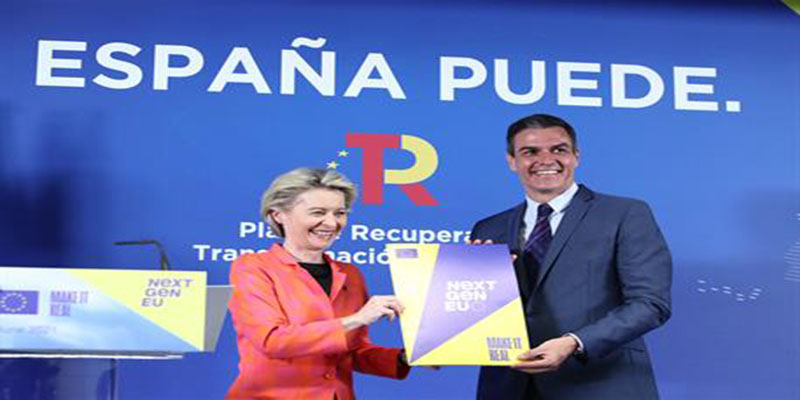Ursula von der Leyen’s European Commission has cut €1.1 billion from the fifth payment of Next Generation EU funds to Spain. This payment, which totals €23 billion (€8 billion in grants and the rest in loans), has been reduced because Spain lacks the votes in Congress to pass measures like the diesel tax increase—intended to equalize it with gasoline prices—one of the key reforms demanded by Brussels. This comes despite Brussels offering significant flexibility, notably extending the evaluation period from two to almost seven months.
Both the diesel tax hike and the levy on energy companies were included in the tax reform designed by the Minister of Finance, María Jesús Montero, but both were rejected by Congress in November 2024 due to opposition from the PP, Vox, and Podemos.
Sánchez promised in December to approve a new decree to push through the diesel increase, but ultimately gave up after realizing he still lacked sufficient support to validate it. For this reason, Brussels is applying a penalty of €460 million.
Additionally, following a recent ruling by the European Court of Justice (ECJ), Brussels considers that Spain no longer meets the milestone on reducing temporary employment in the public sector, which was part of the first payment request. As a result, the European Commission is reducing another €620 million.
Furthermore, Spanish authorities have not completed the committed investments in the digitalization of regional and local entities, which would ensure easier access for citizens to public services. This non-compliance translates into a €40 million cut.
In total, this amounts to a reduction of over €1.1 billion that will be permanently lost if the Sánchez government does not complete the pending reforms—including the diesel tax hike—within six months.
This fifth payment, approved this Monday, has been delayed for months, originally expected in the second half of 2023.
